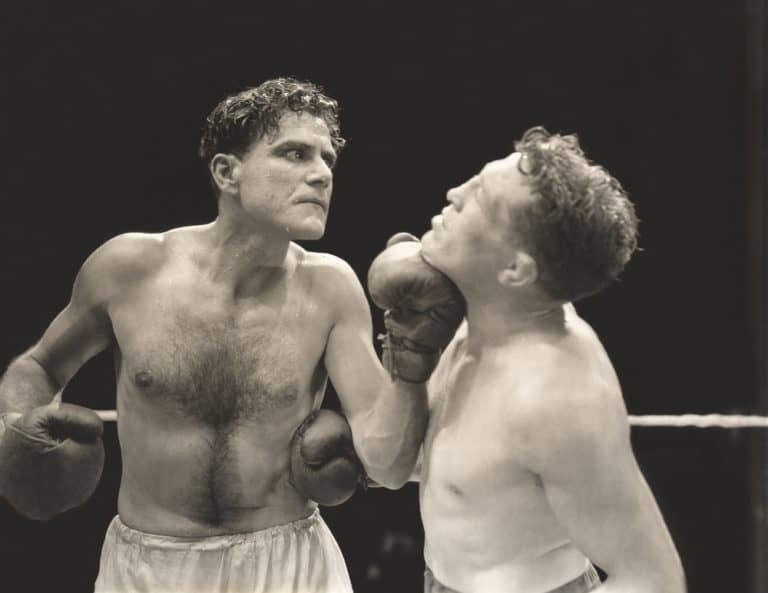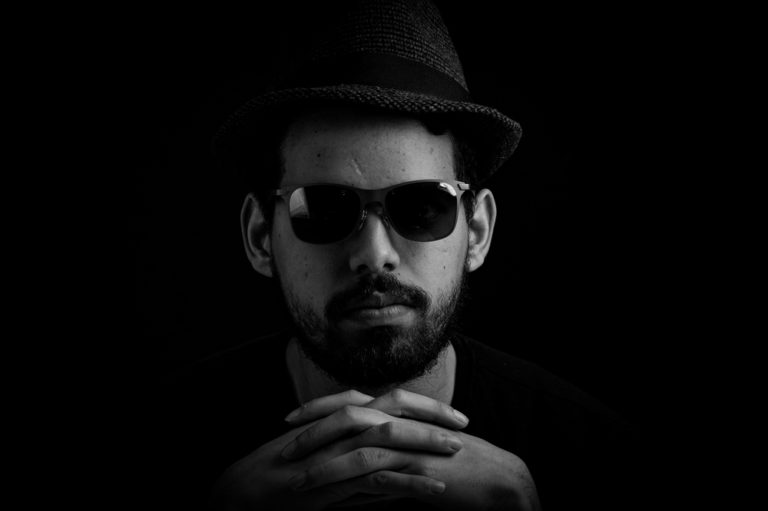“Courage is knowing what not to fear” – The Meaning Behind the Quote
Recently, when compiling some quotes for a blog post, I came across the following words by Plato:
“Courage is knowing what not to fear”
I thought this an interesting idea, and so wanted to explore this quotation a little further. In which context was it first used, and what does it supposedly mean? I’ve done some research, to hopefully provide a clear answer to the above questions. I will also include some other great definitions of courage that I have come across, as well as recommend some additional books and resources for people who enjoy these kinds of topics.
What is the meaning of the quote?
In the context in which the quote was first used, Athenian General Nicias is suggesting a definition for courage. He describes courage akin to knowledge, specifically “Knowledge of what is to be feared and hoped for, both in war and in all other matters”
In the dialogue, Socrates, who seems to speak on behalf of Plato, goes on to suggest that Nicias has defined virtue generally as opposed to bravery specifically. The text ends, incidentally, with all characters agreeing that they have much to learn.
In what context was the quote originally used?
Plato was an innovator in philosophy. His Socratic dialogues, (written conversations between numerous characters discussing important philosophical topics), are thought to be the first of their kind.
The quote originally comes from Plato’s dialogue Laches, whereby the participants in the discussion are suggesting different definitions for the concept of bravery.
An important thing to note is that although the quote is attributed to Plato, it does not necessarily mean that it represents his own point of view. A key feature of Plato’s dialogues is the range of opinions and perspectives shared by the different characters. In Laches, most of the text is three men (Socrates, Laches and Nicias) suggesting and debating a number of different definitions of courage, including the above quotation.
Check out this great video on how the stoic philosophers define courage:
A brief introduction to Plato himself
Plato was an Athenian philosopher, a student of the great Socrates in ancient Greece. He, in turn, was a mentor to Aristotle. He founded what was basically the world’s first university, and is cited as one of the founders of western religion.
Plato is widely thought to be one of the most influential individuals in human history. What is fascinating about Plato is that whilst there were a lot of great thinkers in the classical period, most of their writings were lost or not conserved over time. Plato’s entire body of work remains completely intact, 2400 years later. In fact, much of what we know of the great pre-Socratic philosophers comes from Plato’s writings.
What is courage? Some great quotes on the meaning of courage
“Courage is resistance to fear, mastery of fear-not absence of fear”
Mark Twain
“Scared is what you’re feeling. Brave is what you’re doing”
Emma Donoghue
“Courage isn’t having the strength to go on- it’s going on when you don’t have strength”
Napoleon Bonaparte
“Courage is grace under pressure”
Ernest Hemmingway
“Life is mostly froth and bubble,
Two things stand like stone
Kindness in another’s trouble,
Courage in your own”
Adam Lindsay Gordon
“Courage doesn’t always roar. Sometimes courage is the little voice at the end of the day that says I’ll try again tomorrow”
Mary Anne Radmarcher
“It is curious that physical courage should be so common in the world and moral courage so rare” Mark Twain
“Self-control is the chief element in self-respect, and self-respect is the chief element in courage”
Thucydides
The Most Inspiring Book on Courage I Have Ever Read
Whilst I love books about self-development in general, what I really get off on are historically accurate biographies of the great men and women of history. I find it incredibly inspiring to hear of the wins and losses of these people and how they courageously attacked their missions. I have a decent article with 5 of my favourite books in another post, but I’d like to mention the book that I found most inspiring for those interested.

Tom Crean was a humble farmer’s son from Ireland, who lied about his age to join the Navy aged just 15. He found himself, through sheer luck, a deckhand on one of the first great polar exploration missions. He proved an incredibly resilient and optimistic asset and was one of the very few men to serve under both Captain Scott and Shakleton.
Here is a quotation from Michael Smith, the biographer. This is literally one of the dozens of extraordinary feats completed by Crean in life-threatening conditions during his service.
“On the return journey, Tom Crean performed what I think is the greatest act of individual heroism in the history of polar exploration. He saves the life of a man called Leftenant Evans, who was dying of scurvy. Tom had already walked if you can imagine 1500 miles, and the food had run out and Evans was dying. Tom agreed to walk the last 35 miles on his own, without a tent or a sleeping bag, with only a couple of sticks of chocolate and some biscuits. And he did the walk in 18 hours, and he saved the man’s life. And a few months later he went back onto the ice again and was one of the men who discovered captain Scott’s dead body in the snow. And the only reason that we know Captain Scott got to the south pole is that Tom Crean found him.”
If you enjoy biographies, You won’t regret making this one your next. Here is a link straight to amazon.
Enjoyed this article? Check out some of our best:
99 quotes about sacrifices for success!






